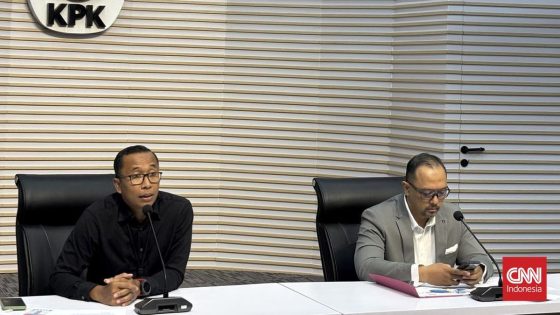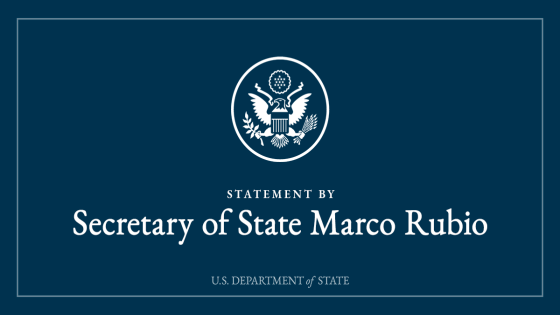The Majority Chief Whip, Rockson Nelson Dafeamekpor, advocates for a streamlined vetting process for nominees in Ghana. On February 10, 2025, he emphasized the need for specific time frames for ranking members during committee hearings, aiming to enhance efficiency and fairness.
- Streamlining vetting process for efficiency
- Time limits for questioning proposed
- Concerns over ranking member's excessive power
- Need for structured guidelines emphasized
- Risk of prolonged vetting without regulations
Why Streamlining the Vetting Process is Crucial for Ghana’s Governance
How can a structured vetting process benefit democracy? Dafeamekpor’s proposal aims to create a more efficient system that respects the time of all committee members and nominees.
Key Recommendations for a More Efficient Vetting Process
Dafeamekpor suggests that ranking members should have specific limits on their questioning time. This would ensure that all members can participate fairly, making the vetting process more structured. Here are his main recommendations:
- Limit each member to three substantive questions and three follow-ups.
- Establish a maximum time frame for questioning, such as 30 minutes or an hour.
- Prevent excessive follow-up questions that can prolong sessions.
- Ensure all members are aware of their questioning limits to promote fairness.
Understanding the Role of Ranking Members in Vetting
Ranking members play a crucial role in the vetting process. However, their power can lead to prolonged questioning that disrupts the flow of hearings. Dafeamekpor argues that without limits, the process could drag on unnecessarily. This could lead to inefficiencies that ultimately hinder the committee’s ability to perform its duties effectively.
The Importance of Structured Guidelines in Governance
Structured guidelines are essential for maintaining order in any vetting process. By setting clear rules, all members can focus on their inquiries without fear of endless questioning. This not only respects the time of nominees but also enhances the overall effectiveness of the committee’s work.
Potential Impact on Future Vetting Processes
Implementing these recommendations could reshape how vetting is conducted in Ghana. A more efficient process could lead to quicker approvals of nominees, ultimately benefiting the governance of the country. This approach could serve as a model for other nations, including the US, where structured vetting is equally important.
In conclusion, Dafeamekpor’s call for time limits and structured guidelines could significantly improve the vetting process in Ghana, ensuring fairness and efficiency for all involved.

































